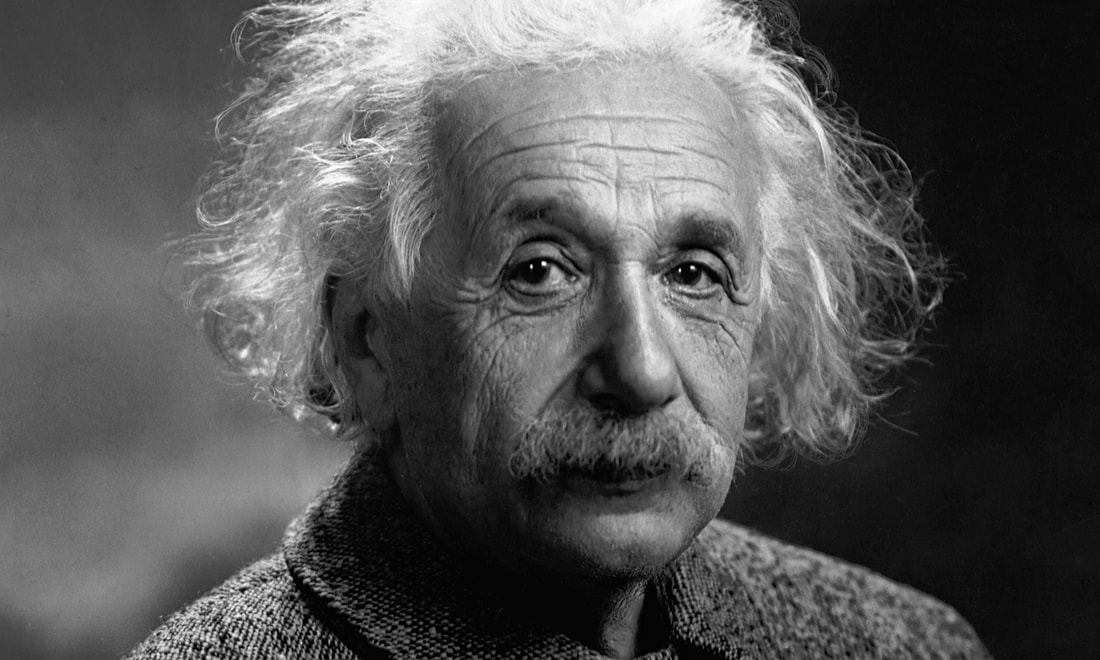Three men check in to a hotel and say they will share a room to save money. The hotel clerk tells the men the room will be $30 so each man pulls out a $10 and gives it to the clerk and then goes to their room.
A few minutes later a bellhop stops by and tells the men that the clerk made a mistake and their particular room cost $27. So they explain to the bellhop that each of them pitched in for the room so he pulls out some one dollar bills and hands one to each of them and after doing this they tell him to keep the remaining $2 as a tip. Since each man was given a dollar back they have now contributed $9 apiece for a total of $27. Since they paid $27 for the room and gave the bellhop $2, what happened to the other dollar since they original paid $30? There is a way to prove the other dollar is there but the wild part is that someone could also prove that it isn't.
Now I want you to consider this scenario. If one person is 20 years old and the other 10, then we’d say the younger person was half the other person’s age (basically 50% their age). Based on our system of math we’d have to agree with this.
Now let's say let’s say these two individuals are now 100 years old and the other is 90. Remember there was a ten-year spread in their ages years before and the age spread is still the same now. But now the younger person isn’t half the other’s age but 90% their age. In this case something was true years before and all the variables are still the same but the percent difference between the ages jumped dramatically. If math were perfect should we expect this?
The bottom line is that our numerical system isn’t as cut and dry as we’re taught. I conducted research for years and definitely know numbers can be spun by both sides of an issue and in a lot of cases both can defend their position with the same data. In the business world we try to get away from spin by defining research methodoligies that everyone has to use, but in the political world they don't care. On our part we need to be very cautious about anything we hear or see. If something sounds outlandish we should probably write it off as attempted spin.

 RSS Feed
RSS Feed